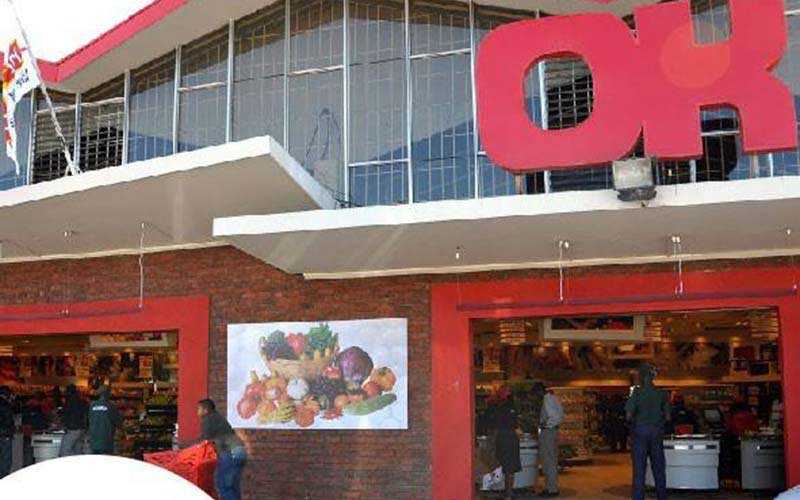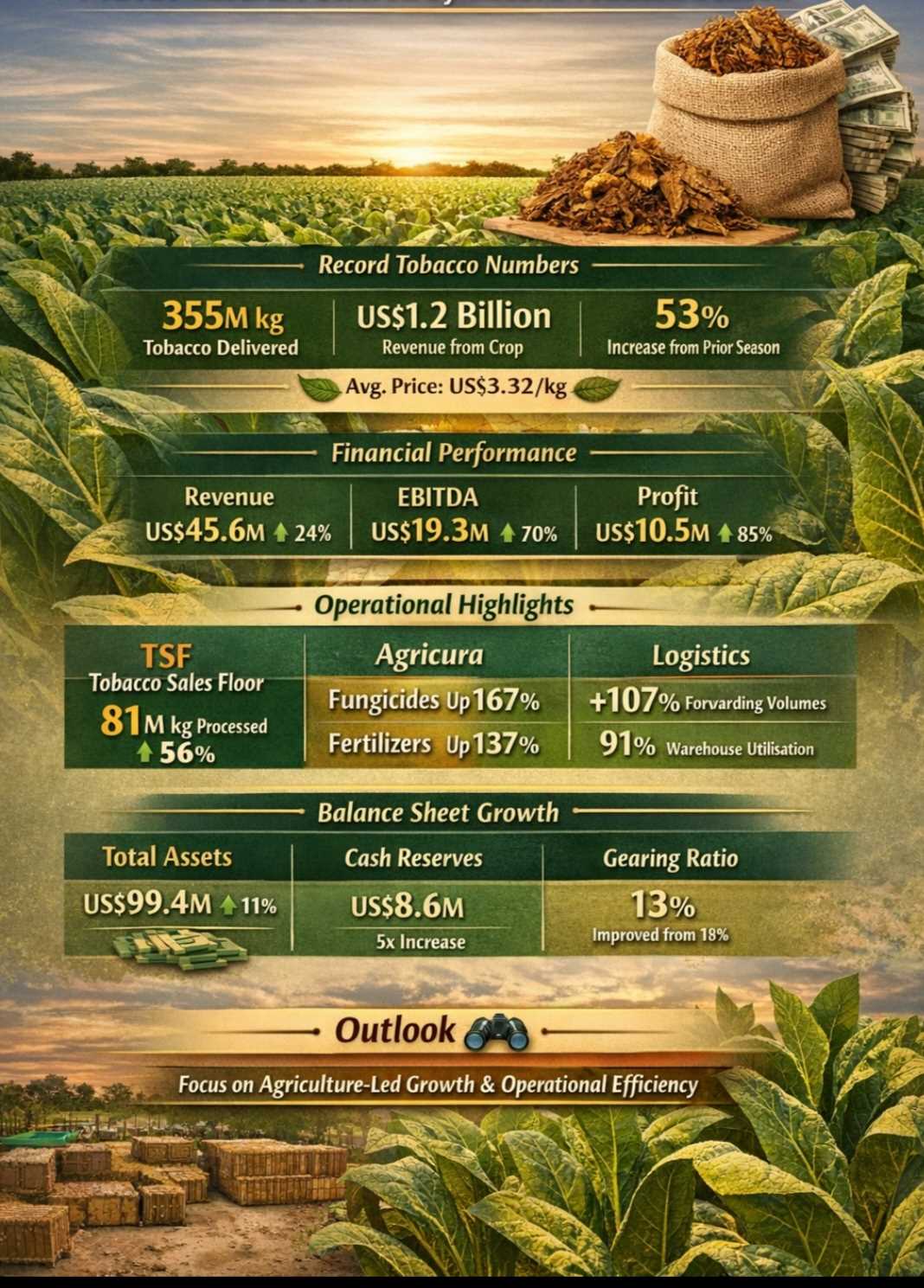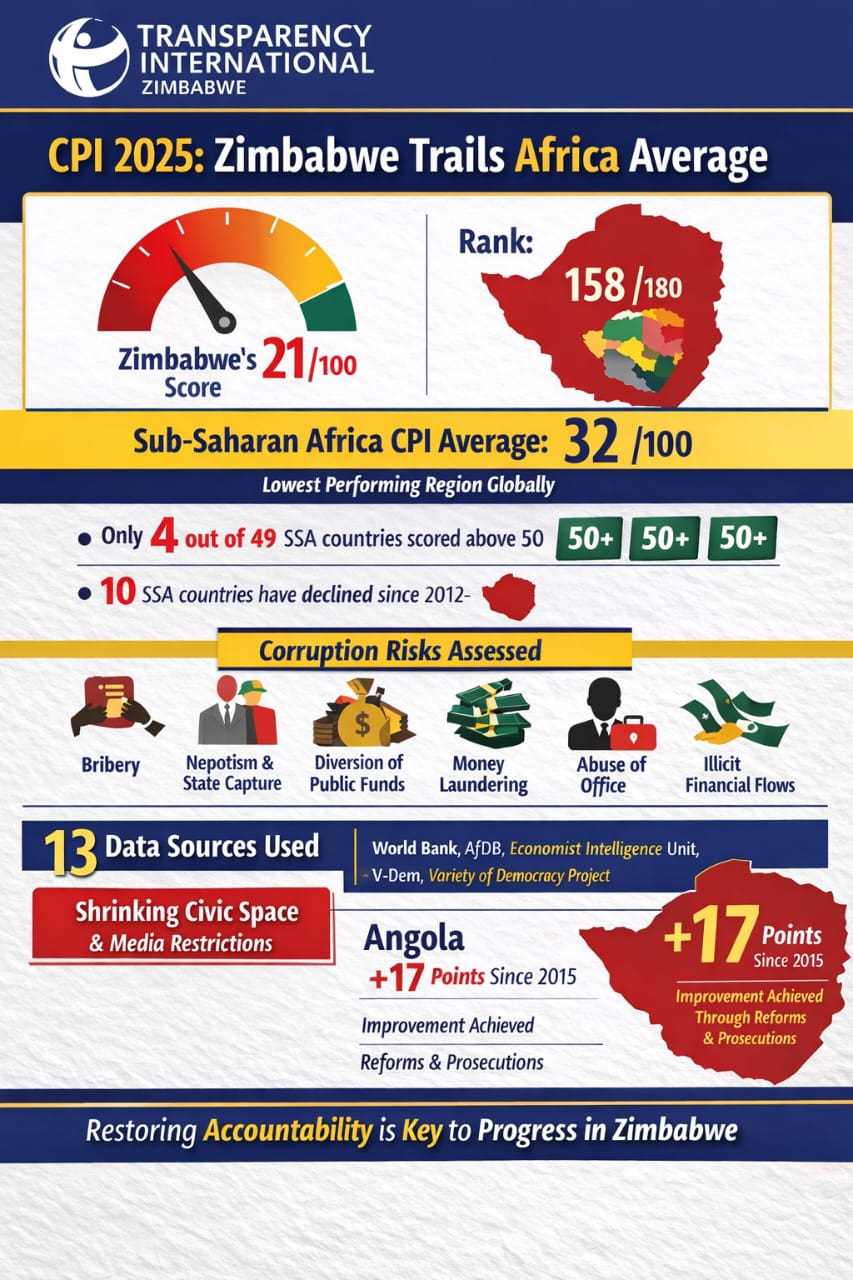
Nyashadzashe Ndoro
Zim Now Chief Reporter
OK Zimbabwe Limited has once again highlighted the government's official exchange rate policy for distorting the market and boosting the informal sector.
In a statement accompanying the group's financial results for the year ended March 31, 2024, Chairman Herbert Nkala said the policy created market distortions and gave impetus to the informal sector, which was not bound by similar regulations.
"The operating environment remained constrained throughout the course of the financial year, characterised by uncertainties, currency fluctuations, price instabilities, high interest rates, and volatile macroeconomic conditions," Nkala said.
"During this period, formal retailers were compelled to use the official exchange rate, which created market distortions and gave impetus to the informal sector that was not bound by similar regulations."
Nkala added that the rapid deterioration of the exchange rate, especially during the fourth quarter of the financial year, created difficulties in long-range planning and operational execution for the company.
Despite these challenges, the group's revenue grew by 29.4% to ZWL$12.4 trillion, while operating income grew by 330% to ZWL$2 trillion.
This is not the first time OK Zimbabwe has clashed with the government over policies
Last year, OK Zimbabwe management claimed that formal retailers were operating in an uneven environment dominated by informal retailers, causing "forced death" on formal retailers.
They had suffered an 8% drop in sales volumes due to informal traders and low disposable income. Finance Ministry permanent secretary George Guvamatanga responded, accusing OK Zimbabwe CEO Max Karombo of being "useless" for failing to innovate and survive in the age of informal markets.
Related Stories
Guvamatanga said that if he were the OK Zimbabwe board, he would fire Karombo.
Economist Tinashe Murapata criticised Guvamatanga's statements, saying the treasury was promoting cannibalisation of formal businesses and mismanaging the economy.
However, items sold declined by 29.2% due to market pricing distortions imposed on the group, compounded by constraints within the macroeconomic environment.
Operating costs increased by 107% due to significant jumps in energy costs, utilities, and property operating costs.
Nkala expressed gratitude to the group's stakeholders for their trust and confidence, despite the challenging operating environment.
He cited the group's commitment to reducing its impact on the environment and promoting social responsibility, with a range of initiatives implemented during the year focusing on health and wellness, environmental sustainability, waste and emissions reduction, support for local communities and suppliers.
The group's outlook remains positive, with a focus on volume growth in the coming financial year.
Nkala said the business intends to sustain its volume growth trajectory through consistent availability of product, continuance of fair price campaigns, and other key volume recovery initiatives implemented by the business.
"As we look ahead, the group remains optimistic about the business landscape and remains resolute in weathering any challenges," Nkala said.
"The group is committed to sustaining this momentum, fostering innovation, and creating long-term value for our stakeholders."
Nkala said the full impact of the introduction of the new currency, Zimbabwe Gold, is still being assessed, but the group's foreign currency collection has declined in favour of ZIG.
Despite these challenges, OK Zimbabwe Limited says it remains committed to building on its successes and charting a path towards sustainable growth and prosperity.
As Nkala said, "Together, we will continue to build on our successes and chart a path towards sustainable growth and prosperity.”



















Leave Comments